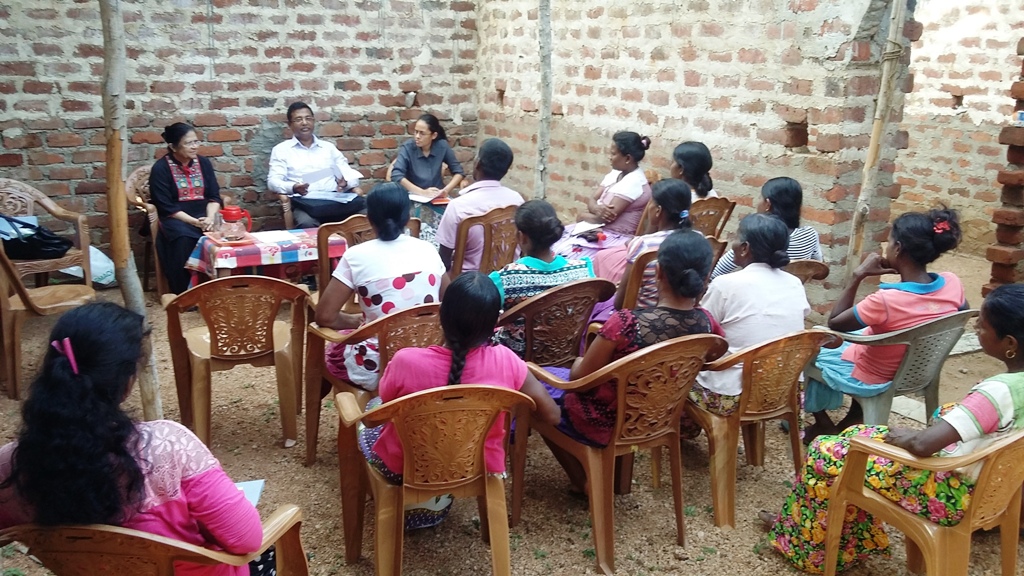
Organization Description
The Institute for Participatory Interaction in Development (IPID) was initially incorporated in January 1996 under Section 21 of the Companies Act No.17 of 1982 as a company limited by guarantee. It is a non Profit Company, non sectarian and non governmental.The Institute was re-registered, pursuant to Section 5 and Section 34 of the Companies Act No 7 of 2007, as a Company limited by guarantee. IPID is committed to enhance the capacities of governmental and non-governmental organizations for enabling a paradigm shift in development, for supporting a change in the pattern of personal behaviour and attitudes towards a reversal of roles through participatory interaction in development aimed at empowering local communities to manage resources and gain access to available services”.
Vision
Mission
About Us
IPID focuses on the improvement, promotion and practice of participatory methodologies providing training / services / consultancies in the field of Participatory Interaction in Development (PID) / Participatory Rural Appraisal (PRA) / Participatory Learning and Action (PLA) / Participatory Technology Development (PTD) /Participatory Monitoring and Evaluation (PM&E) / Logical Framework Approach (LFA) and related Social Assessment Methodologies.
- Baseline surveys, midline surveys, end-line surveys / end of project surveys and social audits for projects implemented ensuring community participation
- Evaluations, research and surveys using mixed methodology including questionnaire surveys and qualitative assessments using Participatory Methodologies such as FGDs, Key Informant Interviews and Participatory Ranking Methodology
- Consultancies for Conducting Social Assessments and Program / Project Evaluations using Organisation for Economic Co-operation and Development (OECD) – Development Assistance Committee (DAC) Criteria (Relevance, Effectiveness, Efficiency, Impact and Sustainability)
- Facilitation of Self Evaluation and Training in Self Evaluation Techniques including use of community score card methodology for promoting good governance
- Participatory Planning of Programmes and back-stopping for implementation including tailor-made programmes to meet Organisational / Project needs
- Participatory Research/Action Research for Socio-Economic and Poverty Assessments
Since adoption of Participatory Approaches has important implications for the functioning of organisations and their institutional environment, IPID focuses on strengthening organisations and their institutional development to facilitate desirable adaptations needed.
The IPID considers the creation of an environment, which opens up avenues to share knowledge and experiences in order to promote and sustain participatory approaches as a pressing need of the era. For this purpose IPID initiates and supports:
- Documentation of experiences relating to the use of Participatory Development Methodologies and Networking (in-country, regional and international)
- Participation and organisation of Exchange Programmes (in country, South-South and International)
-
Archt. Nandike D. Samaranayake
Director (Chartered Architecture - Director, ACS Integrated (Pvt) Ltd)
view profile -
Dr. (Mrs.) Mallika R. Samaranayake Ph.D.
ChairpersonChairperson (Former SLEAS Officer & Director, Special Projects, Ministry of Education)
view profile




